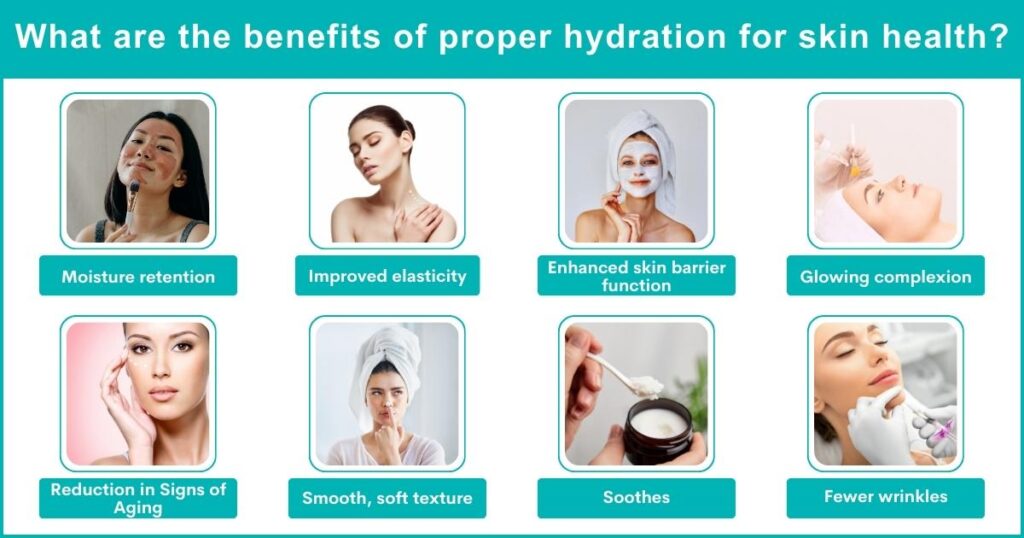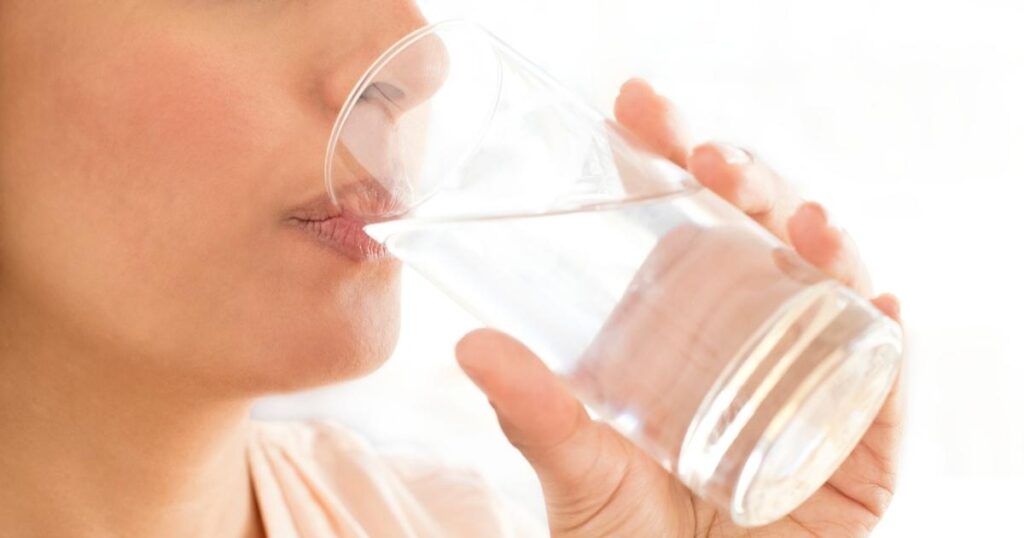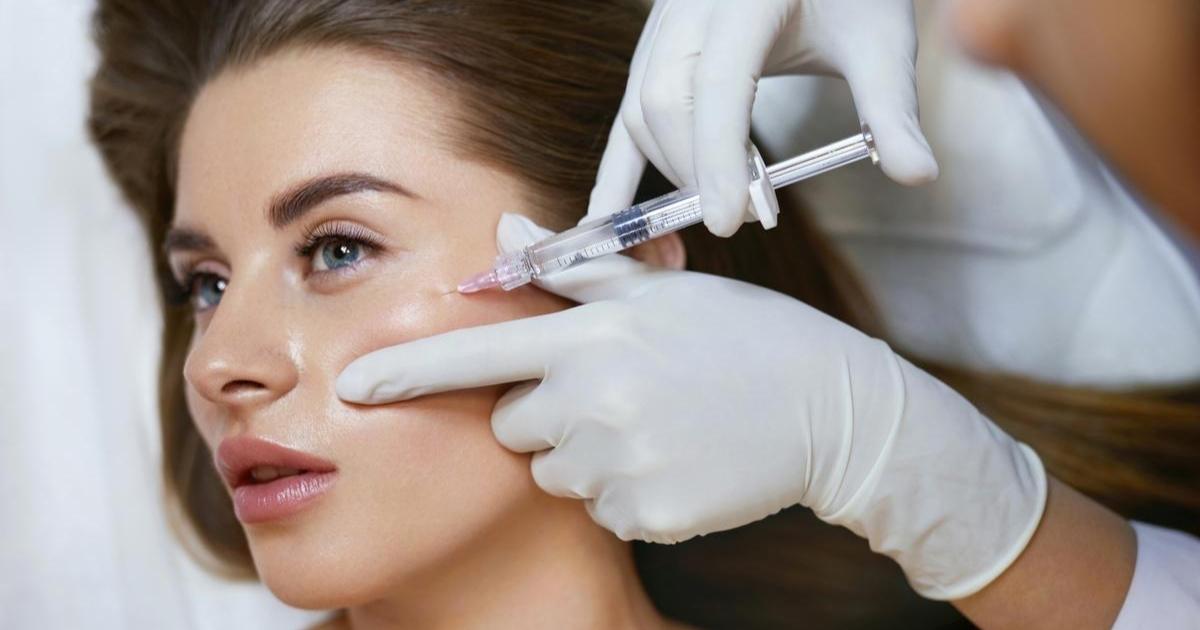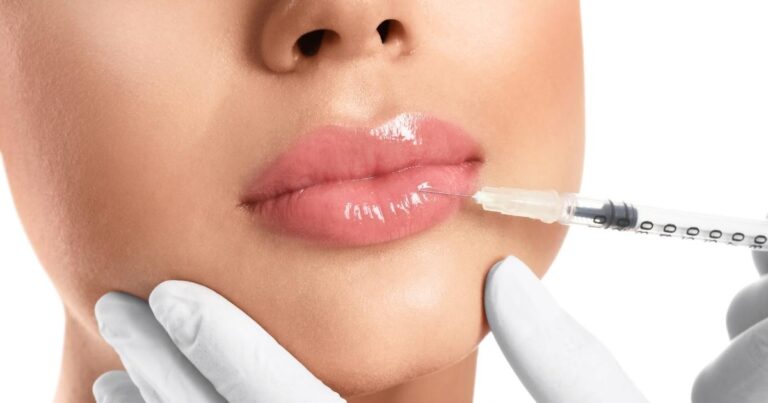When achieving vibrant and youthful skin, the dynamic duo of hydration and hyaluronic acid fillers is a game-changer. Hydration forms the cornerstone of skin health, while hyaluronic acid fillers restore skin volume and combat ageing. However, what may not be common knowledge is how these two elements synergise to create optimal skin health outcomes. This article unravels the pivotal interplay between hydration and hyaluronic acid fillers and why this matters for your skincare routine.
The Importance of Hydration for Skin Health
Maintaining healthy skin requires proper hydration to remove toxins and maintain cell function. Maintaining proper hydration levels can result in plumper, radiant skin and combat signs of ageing. Hydrating skincare products and adequate water intake can significantly enhance skin hydration levels.
| Benefits of Hydration for Skin Health | Explanation |
| 1. Moisture Retention | Hydrated skin retains more moisture, leading to a |
| plump and supple appearance. It helps prevent | |
| dryness and flakiness, promoting overall skin comfort. | |
| 2. Improved Elasticity | Well-hydrated skin is more elastic, which means it |
| can bounce back to its original shape after being | |
| stretched or compressed. This helps reduce the | |
| formation of wrinkles and fine lines. | |
| 3. Enhanced Skin Barrier Function | Adequate hydration strengthens the skin protection |
| barrier, preventing harmful pathogen entry | |
| and reducing irritation and inflammation. | |
| 4. Radiant and Glowing Complexion | Properly hydrated skin reflects light better, giving |
| it has a radiant and healthy glow. It improves overall | |
| complexion and makes the skin look younger. | |
| 5. Reduction in Signs of Aging | Hydration helps in plumping the skin, reducing the |
| the appearance of wrinkles, fine lines, and sagging. | |
| It can make the skin appear more youthful and | |
| diminish the signs of ageing. | |
| 6. Soothes and Calms Irritation | A well-moisturized skin is less likely to experience |
| irritation, redness, or itchiness. It provides relief | |
| to sensitive or inflamed skin, promoting comfort. | |
| 7. Smooth and Soft Texture | Hydrated skin feels smoother and softer to the touch. |
| It helps maintain a healthy and nourished | |
| skin texture. |
What are Hyaluronic Acid Fillers?

Hyaluronic Acid Fillers are injectable treatments that use hyaluronic acid to add volume and plumpness and reduce wrinkles and fine lines. These fillers treatment are commonly used to rejuvenate and enhance facial features.
Here’s a table outlining some of the common ingredients found in Hyaluronic Acid Fillers and how they benefit the skin:
Book A Consultation With Dr Tarek Bayazid
Top-rated Plastic Surgeon For Fillers in Dubai
Installment Plan Available
| Ingredient | Benefits for Skin |
| Hyaluronic Acid | – Provides deep hydration |
| – Improves skin’s elasticity | |
| – Reduces fine lines and wrinkles | |
| – Enhances overall skin texture | |
| Lidocaine | – Offers pain relief during the injection process |
| – Minimizes discomfort and improves the experience | |
| Antioxidants | – Fights free radicals and oxidative stress |
| – Protects the skin from environmental damage | |
| – Supports collagen production | |
| Vitamins (e.g., C) | – Brightens the skin and promotes a healthy glow |
| – Aids in collagen synthesis | |
| – Evens out skin tone | |
| Peptides | – Stimulates collagen production |
| – Reduces the appearance of wrinkles | |
| – Improves skin firmness and elasticity | |
| Minerals | – Nourishes and revitalises the skin |
| – Restores youthful appearance |
The Correlation Between Hydration and Hyaluronic Acid Fillers’ Efficacy
Hydration levels can directly influence a hyaluronic acid filler’s effectiveness in the skin. Well-hydrated skin enables hyaluronic acid to function optimally, using the water in your skin to create a plumping effect. On the other hand, dehydrated skin may lessen the effectiveness and longevity of the fillers.
- Hyaluronic acid relies on water to maintain volume and plumpness in the skin.
- Proper hydration can extend hyaluronic acid fillers’ lifespan.
- Dehydration may result in hyaluronic acid fillers degrading faster.
See related: Correct facial asymmetry with Fillers
Dehydration: Potential Negative Impact on Hyaluronic Acid Fillers
Dehydration can hurt the effectiveness of hyaluronic acid fillers, as these fillers rely on water to retain volume. Dehydrated skin might not provide an optimal environment for hyaluronic acid fillers, reducing their longevity and effectiveness. The best possible results from hyaluronic acid fillers can only be achieved by maintaining optimal levels of hydration.
- Dehydration can cause fillers to degrade quickly, diminishing their effects.
- Chronic dehydration may also lead to reduced skin elasticity and more visible ageing signs.
- Hydrating the skin adequately can counter these potential negative impacts.
Best Practices for Staying Hydrated Before and After Hyaluronic Acid Fillers

Maintaining hydration before and after receiving hyaluronic acid fillers can enhance their effectiveness and longevity. This includes drinking sufficient water, hydrating skincare products, and avoiding dehydrating substances like alcohol and caffeine. Proper diet and exercise can also help maintain proper hydration levels.
| Best Practices | Description |
| Adequate Water Intake | Drinking at least eight glasses of water daily can support skin hydration. |
| Hydrating Skincare Products | A hydrating skincare product can help maintain hydrated skin. |
| Avoid Dehydrating Substances | Avoiding alcohol and caffeine before and after treatment can prevent unnecessary dehydration. |
Topical Hydrating Agents: Enhancing the Effect of Hyaluronic Acid Fillers
Hydrating agents, such as serums and creams, can enhance hyaluronic acid filler effectiveness by improving skin hydration. Ingredients such as glycerin, ceramides, and hyaluronic acid lock in moisture and improve skin hydration. Incorporating these products into daily skincare routines can help maintain hyaluronic acid filler results.
- Hydrating serums and creams act as moisture barriers, preventing water loss from the skin.
- Skin texture and elasticity can be improved by regularly using these products.
- They can complement the effect of hyaluronic acid fillers, making the results more visible and long-lasting.
The Role of Diet and Lifestyle in Maximising the Effects of Hyaluronic Acid Fillers

A healthy diet and lifestyle are crucial for skin health and affect hyaluronic acid fillers’ effectiveness. Consuming foods rich in antioxidants, vitamins, and water can promote skin hydration and health. Regular exercise, adequate sleep, and avoiding harmful habits like smoking can also enhance skin health and filler longevity.
| Lifestyle Aspect | Role in Maximising the Fillers’ Effects |
| Healthy Diet | Consuming foods rich in water, vitamins, and antioxidants can support skin hydration and overall health. |
| Regular Exercise | Physical activity improves circulation, which delivers nutrients to the skin and maintains its health. |
| Adequate Sleep | Proper sleep gives the body and skin time to recover and regenerate, helping to maintain skin health and elasticity. |
Debunking Myths: Hyaluronic Acid Fillers and Hydration Misconceptions
Several myths and misconceptions regarding hyaluronic acid fillers and hydration lead to patient confusion. One common myth is that drinking excess water will directly plump up the skin and make fillers redundant, which is inaccurate as hydration is just one aspect of skin health. Fillers also work best when the skin is adequately hydrated, which is false since hyaluronic acid fillers cannot replace effective hydration practices.
- Hydrated skin appears healthier and plump, but drinking water alone cannot replace the volumising effects of hyaluronic acid fillers.
- Maintaining good hydration is essential even when using hyaluronic acid fillers to ensure optimal performance.
- Although hyaluronic acid fillers can enhance skin hydration, they should not replace comprehensive skin care and hydration.
The significant role of hydration in maximising the efficacy of hyaluronic acid fillers underscores the vital synergy between these elements in skincare. As we dig into this connection, we can leverage it for more effective, enduring results and healthier, more luminous skin.
Discover the powerful fusion of hydration and hyaluronic acid fillers with Dr Tarek Bayazid, a renowned plastic surgeon in Dubai. With a patient-centric approach and dedication to achieving natural results using advanced techniques, Dr Tarek offers tailored aesthetic solutions that truly enhance the quality of your life.
Ready to embrace the transformative power of hydration and hyaluronic acid fillers? Book a consultation with Dr Tarek Bayazid today and start your journey towards radiant, revitalised skin.
FAQs
Why is hydration important when using hyaluronic acid fillers?
Hyaluronic acid fillers work best when properly hydrated. Properly hydrated skin allows for smoother and more efficient filler administration, leading to more natural-looking and longer-lasting results. Additionally, hydration enhances the skin’s overall health and elasticity, which complements the rejuvenating effects of the fillers.
How can I maintain hydration before and after hyaluronic acid filler treatments?
Drink plenty of water before and after your treatment. Skincare products containing hydrating ingredients, such as hyaluronic acid, glycerin, and ceramides, can also help maintain skin hydration. Around the time of treatment, alcohol and caffeine are also recommended to avoid dehydrating substances.
Are there dietary practices that can enhance the effects of hyaluronic acid fillers?
Yes, a diet rich in water, antioxidants, and vitamins can promote skin hydration and health, enhancing the effects of hyaluronic acid fillers. Healthy fats from avocados, oily fish, and fruits and vegetables with high water content can promote good health.







